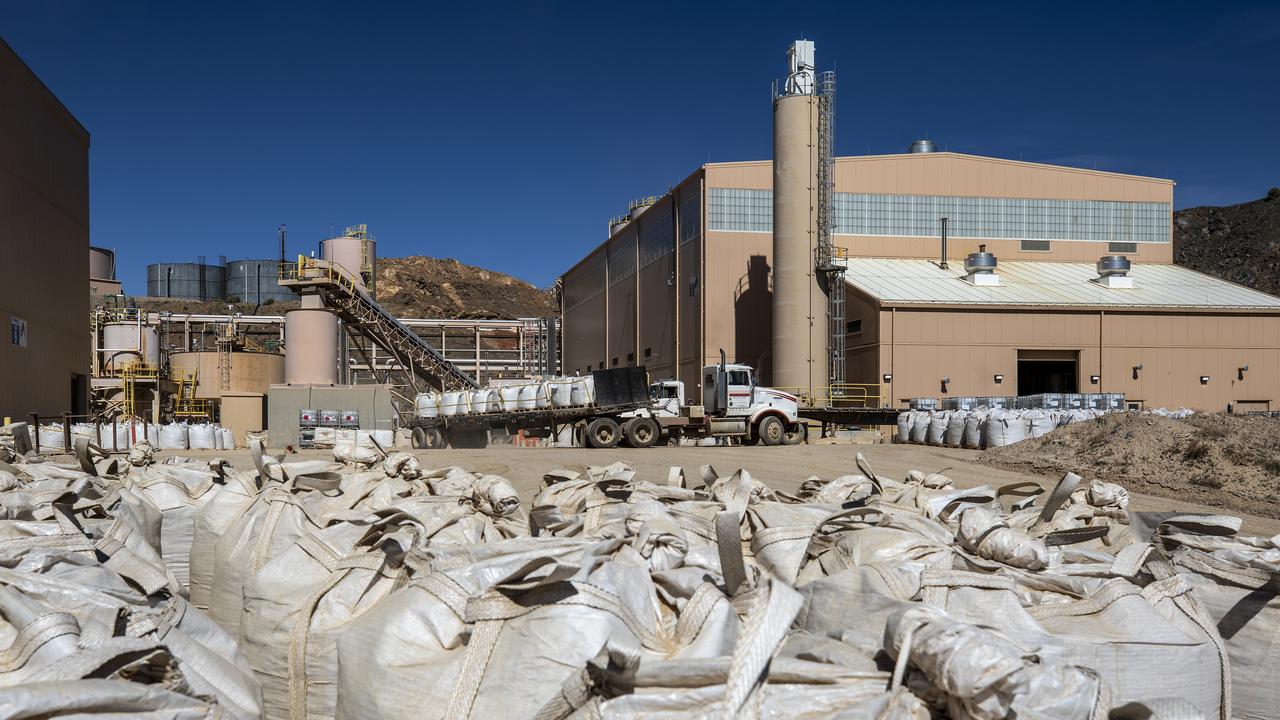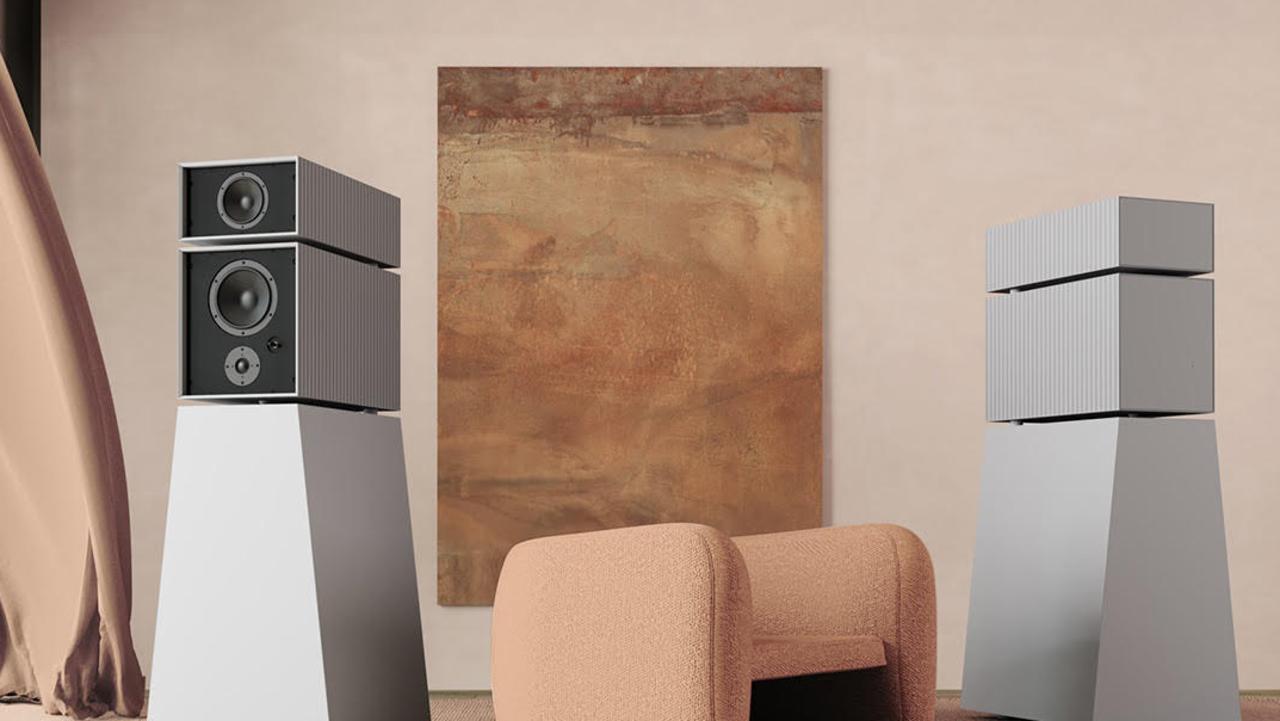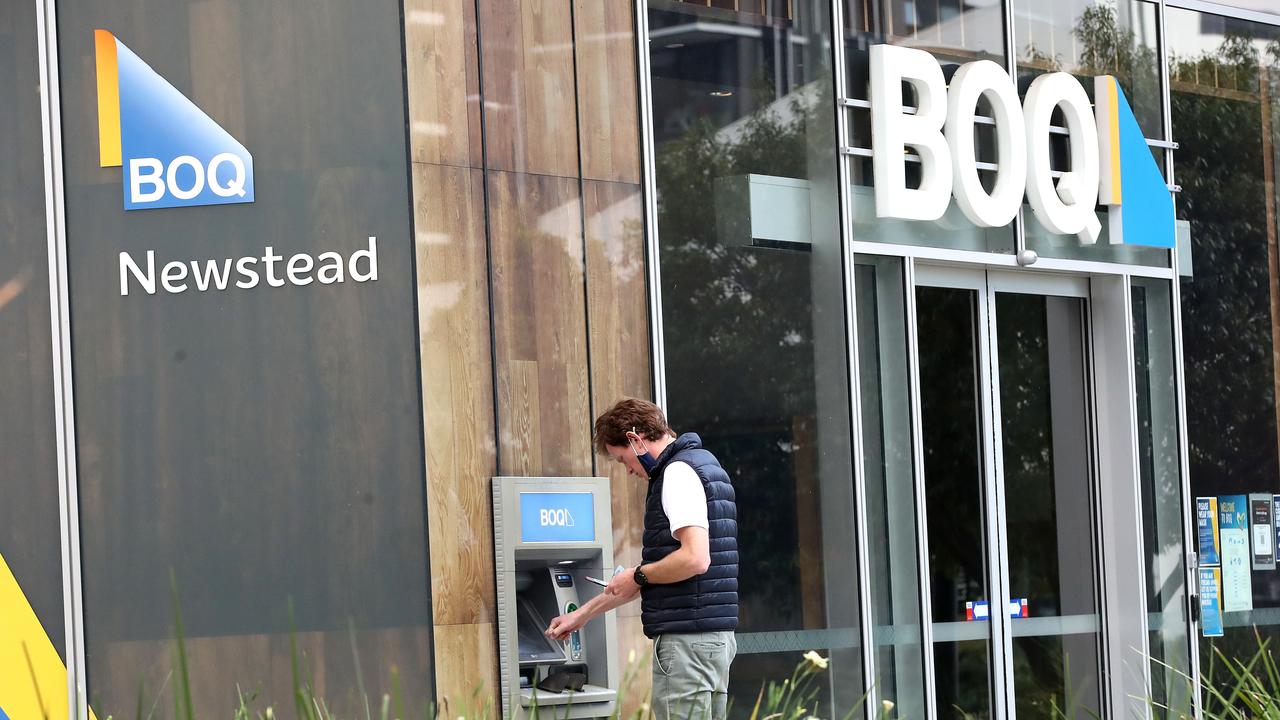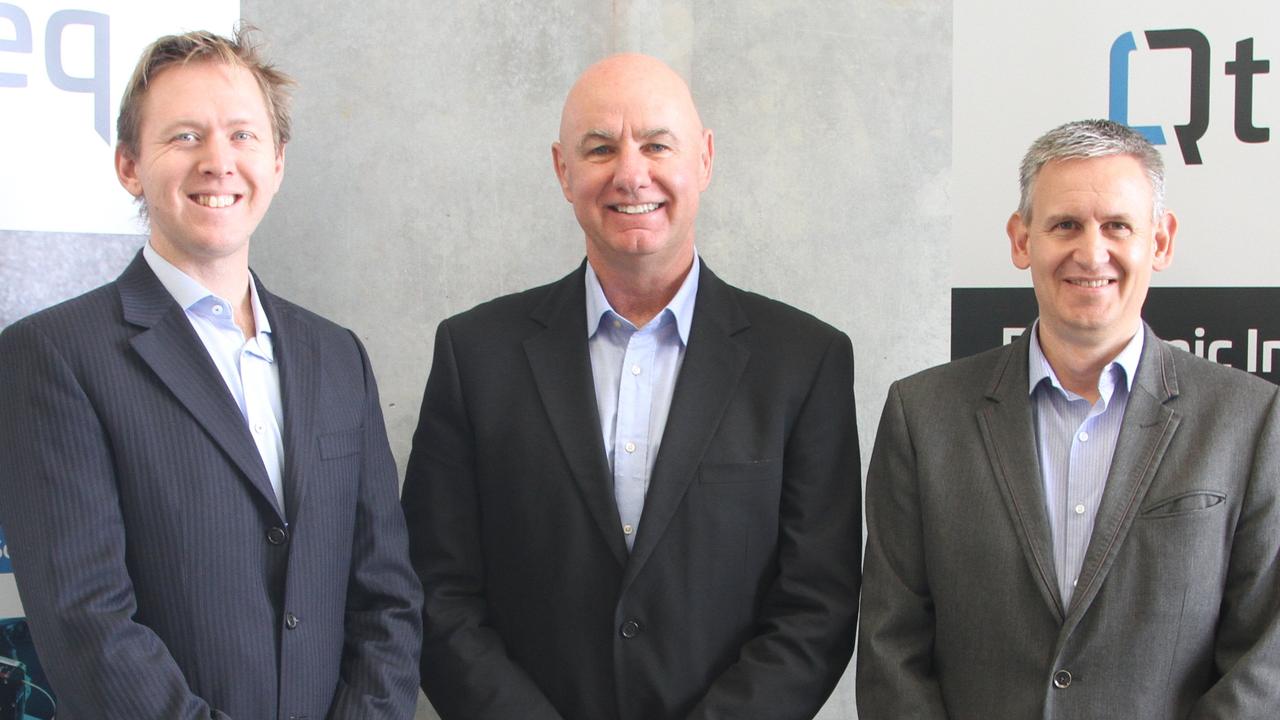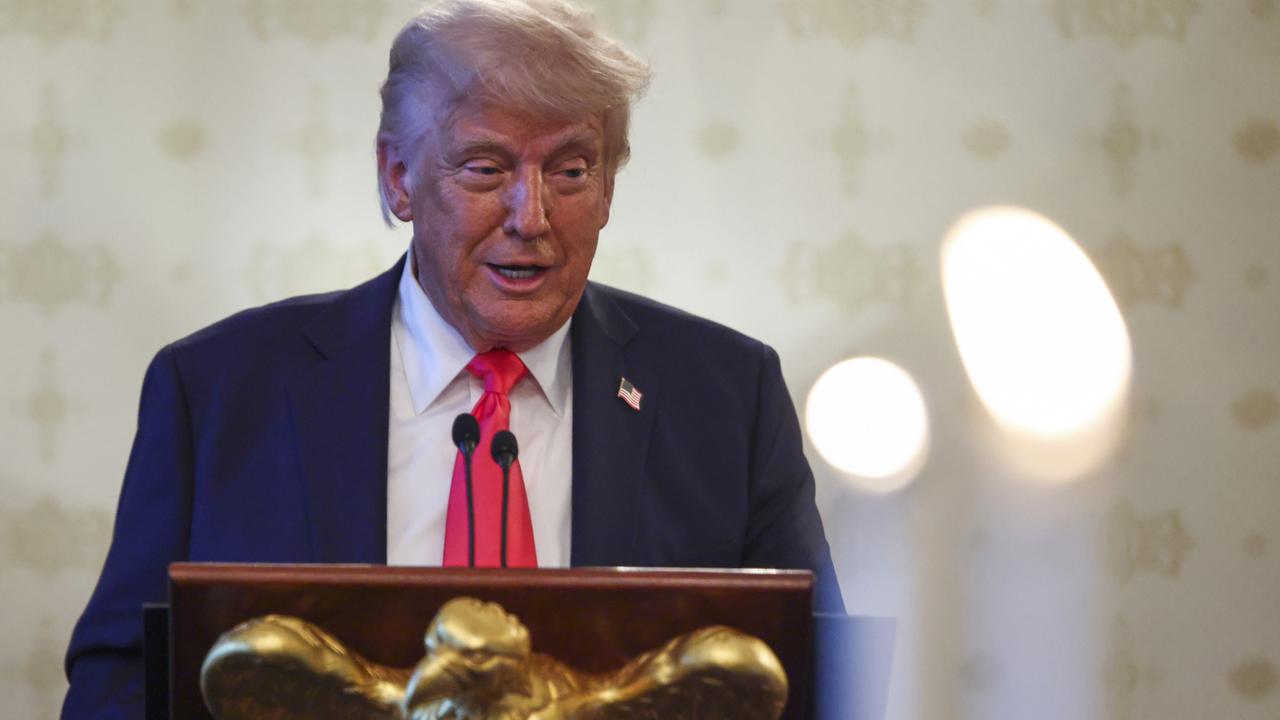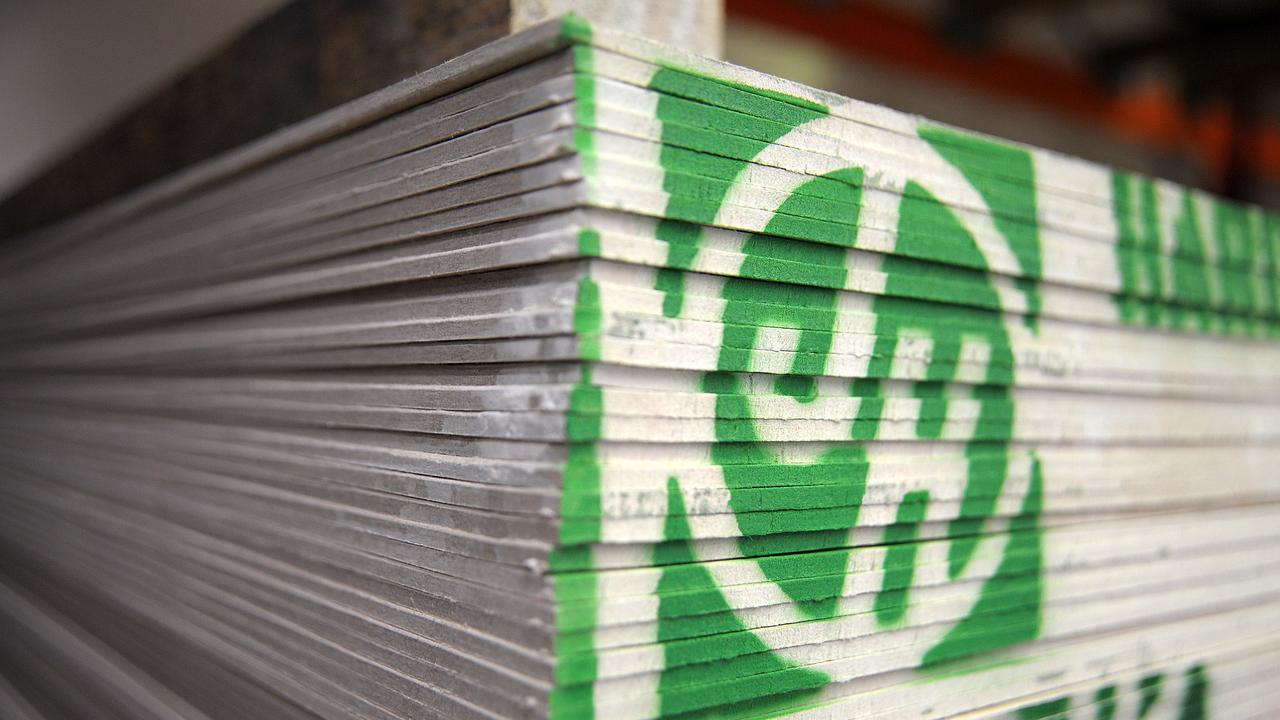Trump’s tariffs stoke Chinese battery dumping fears, intensifying cyber attack risk
China is set to dump more of its home batteries on Australians in the wake of Donald Trump’s crippling tariffs, a local manufacturer warns.
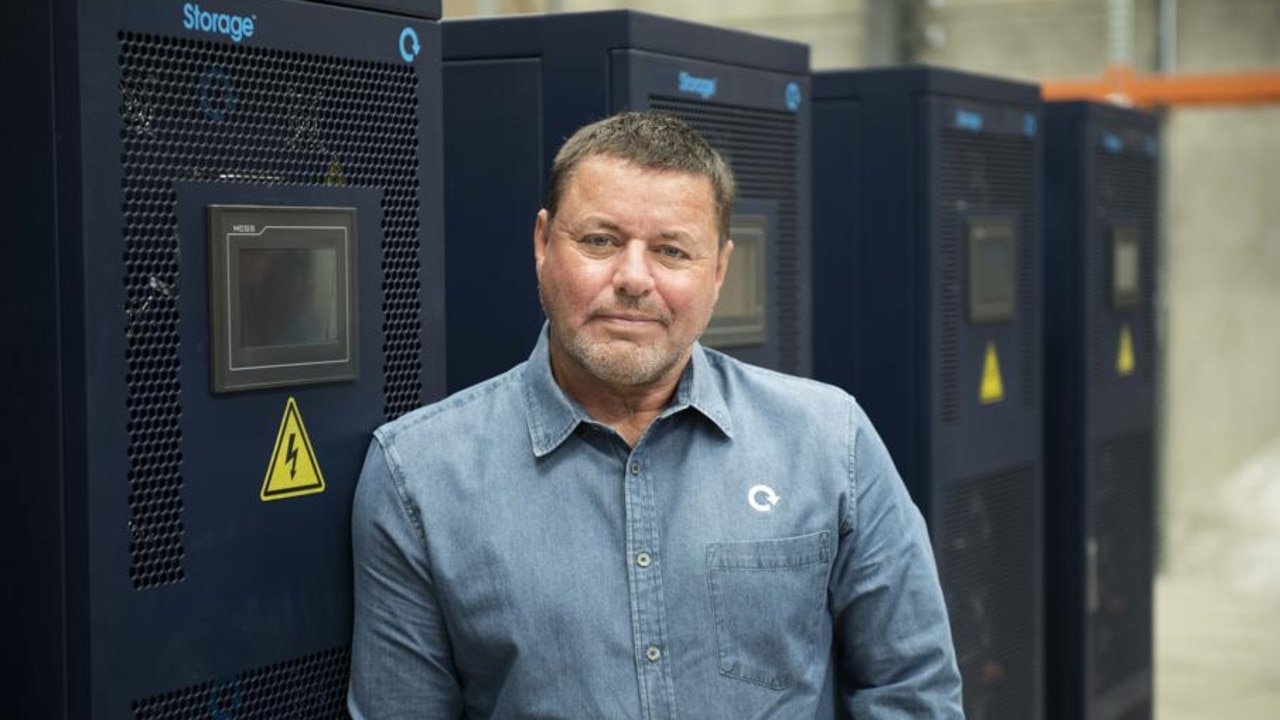
Business
Don't miss out on the headlines from Business. Followed categories will be added to My News.
China is set to “dump” more of its home batteries on Australians in the wake of Donald Trump’s crippling tariffs, as Anthony Albanese pledges to contribute $4000 to each household looking to store their own solar power.
That’s the assessment of Brian Craighead, chief executive of Energy Renaissance, which has developed what it calls Australia’s only “cyber-secure” battery with the CSIRO.
While Australia isn’t facing any active threats, Mr Craighead has previously warned that households are at risk of “booby-trap explosions”, similar to those Israel used against Hezbollah last year after the software in walkie-talkies and pagers was altered. Rachael Falk, former chief executive of the Cyber Security Co-operative Research Centre, and Senator James Paterson were also concerned.
“There is a flood of these batteries coming in here. It looks and feels and smells like dumping because they (China) have a giant problem,” Mr Craighead said.
“They’ve got massive overcapacity now, and they are 100 per cent going to dump. And it’s not just cheap product. What they are going to do is – and this kills all Australian businesses – is say ‘hey, don’t pay now, you can get crazy terms. You can take the battery and pay us in 180 days or something’.
“Of course, that is a really good way of completely removing any Australian business from being able to do that. There is going to be a ton of that going on in the next little while. I mean, there is already evidence of it”.
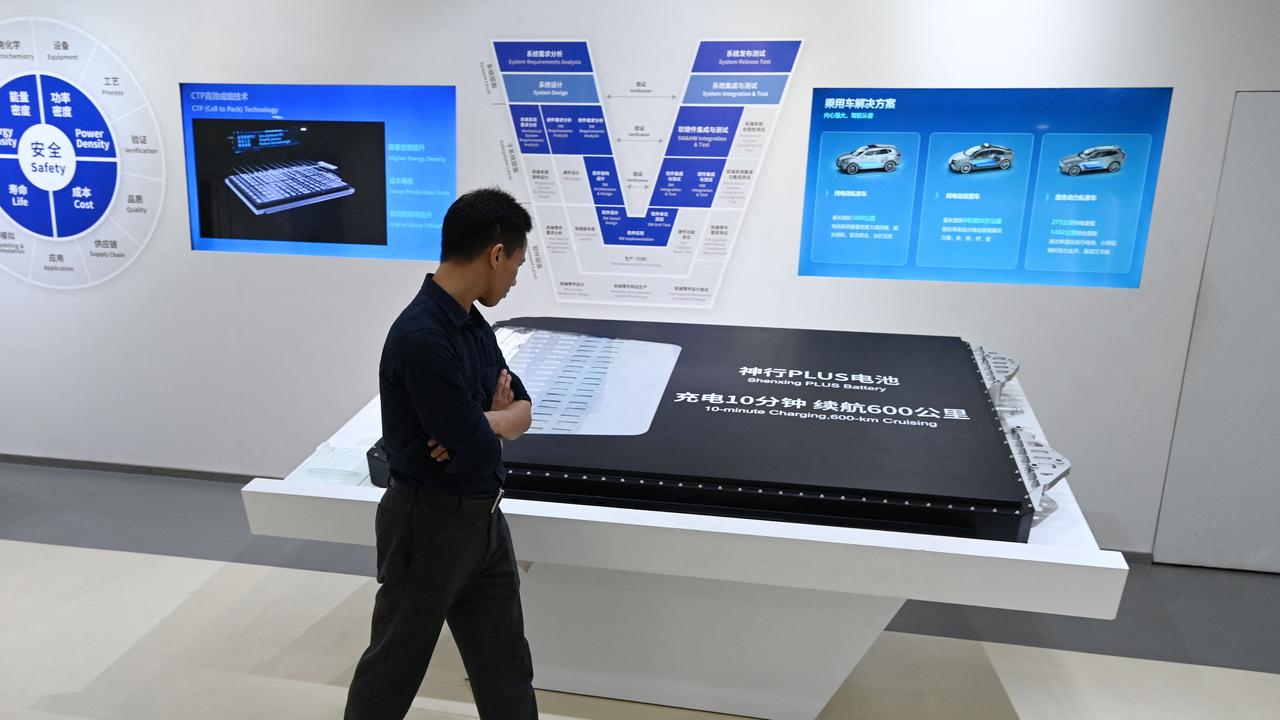
Mr Albanese said taxpayers would contribute $4000 to an average household battery installation as part of a $2.3bn package. He said this would make batteries about 30 per cent cheaper.
This means the installation cost of an 11 kilowatt battery – the size for a typical family home – would be brought down to about $9300.
But the commitment did not detail any plans to support Australian-made products over China and other foreign-made goods. Peter Dutton has also criticised the proposal as taking tax money from lower-income households and giving it to wealthier Australians who can afford batteries.
Mr Craighead is hopeful the policy will eventually provide extra incentives for locally made batteries. But he said it would be difficult to enforce, with Energy Renaissance and another company in Melbourne the only genuine Australian battery manufacturers. “I have a lot of sympathy for these guys (policymakers) because a lot of people … just call that made in Australia, because they would ship it in, stick a badge in it.
“There’s folks that might have a plant in Indonesia and finish it off here. So the issue has been, how do you unequivocally define it so that people can’t game the system?”
Mr Craighead said if the policy was well crafted, it would benefit Australians and local manufacturing. He said there was an opportunity to capitalise on Australians who may be turned off by Tesla – which supplies the premium end of the market – and the antics of its chief executive Elon Musk, who is one of Mr Trump’s biggest supporters.
“When we did the initial market research, it was always the same shape: 70,000 batteries sold, 70 per cent of them Chinese, effectively, 30 per cent Tesla.
“People get Tesla because they love the brand, and so we’ll look to shift the 70 per cent market. We’ll look to attack that. But I’ve never seen such an efficient shredding of a brand as Tesla has done.
“So the whole market is up for grabs. People like to have a battery that doesn’t have Elon Musk attached to it.”
But Mr Craighead said the Australian manufacturers would need more government support to build enough scale.
“Our modelling suggests – now, I must admit, it is changing, going up – but we think between 10 and 20,000 units a year we could (produce and) comfortably shift the market, because the market is there to be moved.
“What we’re desperately hoping for is the National Reconstruction Fund helps. We just need more people and more equipment and more working capital. We own everything, the tech is there, the factory is there, we just need to scale up quickly.”
The US has been wary of Chinese-made batteries for some time. The previous Biden administration banned cars containing Chinese software and hardware on American roads amid fears they could be used to cause accidents or allow hackers to infiltrate critical infrastructure.
Patrick Keaney, chief executive of Subeca – which has developed a device to better manage water use – said “every country and every region” needed to think about how they were “protecting and hardening their critical infrastructure” against potential cyber attacks.
“Here’s the basic fact: we know that the Republican Party and the Democrat Party in the United States don’t get along, and they don’t agree on much, but what they do agree on is that Chinese-made technology shouldn’t exist in critical infrastructure, and I happen to agree with that,” Mr Keaney told The Australian last year.
Originally published as Trump’s tariffs stoke Chinese battery dumping fears, intensifying cyber attack risk


